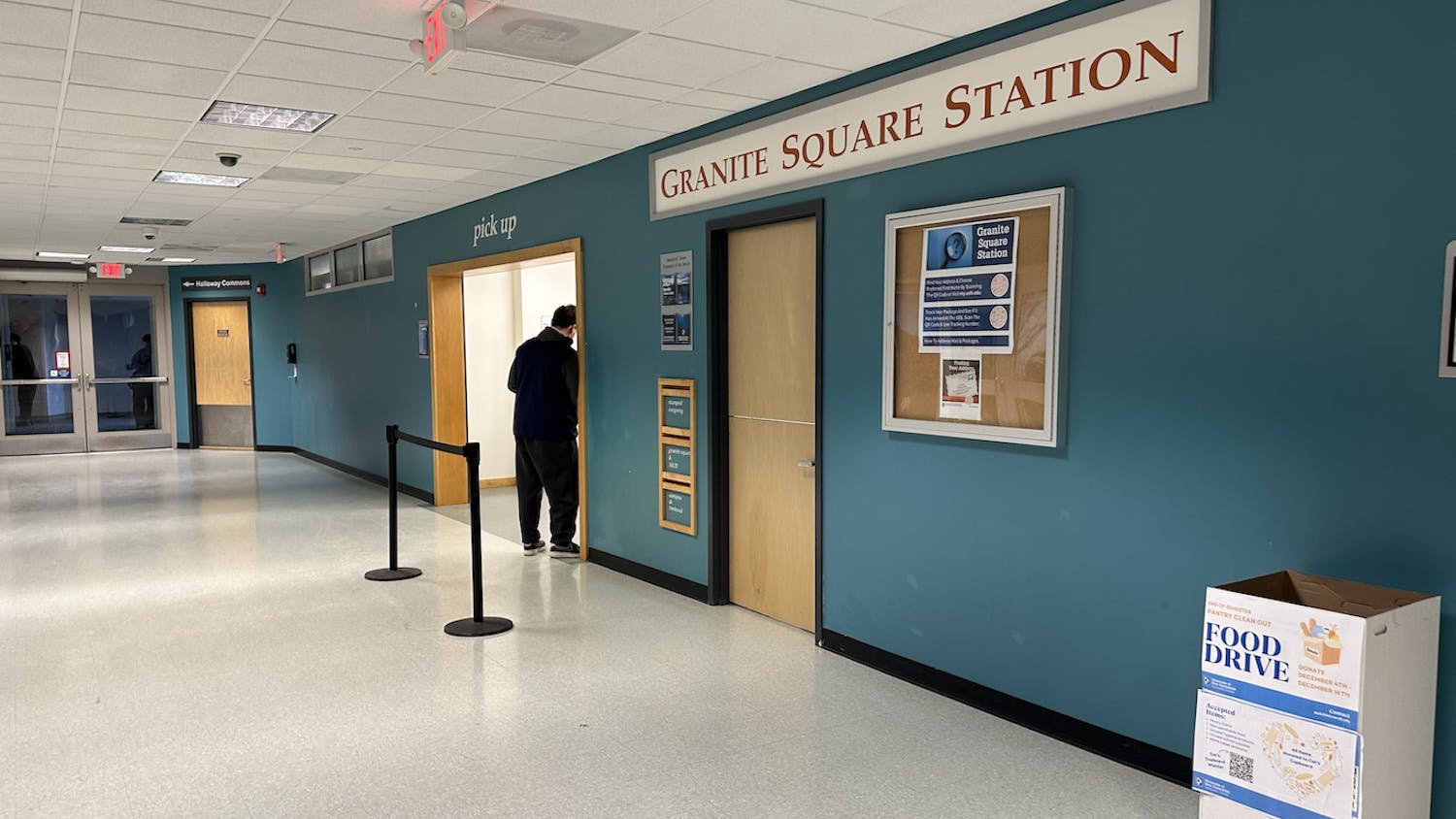The Wesleyan University student body and government has made an error of judgment UNH’s community should avoid mimicking.
In what some believe was an effort to punish the publication for running a controversial opinion column critiquing the Black Lives Matter movement on Sept. 14, the Middleton, Connecticut university’s student government agreed to cut funding to its student-run newspaper.
The College Media Association (CMA) recently expressed its discontent with the Wesleyan student government’s decision to substantially cut funding for the The Wesleyan Argus, Wesleyan University’s twice-weekly student-run publication.
In light of the budget cuts, the CMA alleges that the call to cut funds from the Argus came as a direct result of the its publication of the opinion piece in question. The association further states that the budget cuts were a “punishment for printing an alternative point of view.”
If this claim about the Argus being “punished” for running an opinion is true, then the Wesleyan student government should be ashamed of itself for passing the resolution.
According to a statement posted on the CMA’s website, the unanimously passed resolution will cut Argus’ $30,000 budget down to $13,000. The statement reports that the $17,000 will be distributed “among the top four student publications, including the Argus, to fund work-study positions.”
CMA President Rachele Kanigel stated on the association’s website, “Anytime the government seeks to control the media, freedom of the press is in danger. Whether it’s through direct censorship, or through financial manipulation, interfering with the operations of a student newspaper is a form of censorship.”
As for Kanigel’s statements regarding freedom of the press, The New Hampshire staff couldn’t agree more.
However, the author of the resolution, Alexander Garcia, claims that the cuts were unrelated to the publication of the opinion piece in question. In fact, Shawn R. Beals of the Hartford  Courant reported in an articled published on Oct. 20 that Garcia wrote the resolution to promote diversity at the Argus.
Courant reported in an articled published on Oct. 20 that Garcia wrote the resolution to promote diversity at the Argus.
Garcia is quoted stating, “I believe newspapers should have complete editorial freedom. The main thing I’m concerned about is helping them be inclusive to a greater number of students.”
Argus editor Rebecca Brill told the Courant that the cuts would essentially force the publication to eliminate one of its twice-weekly editions. Regarding this, Garcia indicated that becoming a weekly paper could eliminate paper waste and costs. Additionally, the article states that he has been working with the Argus to determine whether or not it’s necessary to publish twice a week.
Now, it’s awfully difficult to believe that the cuts the Argus is facing have not come as a direct result of the opinion piece’s publication.
According to the Student Press Law Center (SPLC), outraged Wesleyan students disparaged the article on “Yik Yak,” an anonymous social media app, after the story hit the stands.
Furthermore, the SPLC reported that a petition surfaced seeking to “de-fund the Argus until a list of demands has been met.” The SPLC stated that the petition received over 150 signatures from students.
Freedom of speech and expression are the most important aspects of any college or university. And student newspapers, like the Argus, offer a medium for opinions and points of view to be read by many, regardless of whether they are “right” or “wrong.”
We students learn more from the thoughts and ideas of those around us than we do in the classroom. If you think an opinion is misguided or inappropriate, then pick it apart and highlight its flaws in a reply column, not by Machiavellian attempts to slash funding or censor speech.
Students shouldn’t be shying away from discussing controversial topics like race, gender and diversity—they should be talking about them freely and openly.
As students, we need to respond intellectually when we see something that we think is sophomoric and offensive. Taking to Yik Yak to express outrage is not appropriate or productive, and neither is de-funding the Argus. Rather, drafting a counter-opinion piece that explains why a certain statement is inappropriate or misguided would be considerably more effective, not to mention more scholarly.
The New Hampshire supports the Argus and encourages all students nationwide to take advantage of school papers that foster conversation and differentiating opinions. Our staff promotes freedom of expression, not censorship.












